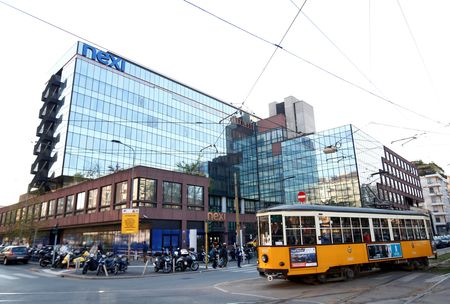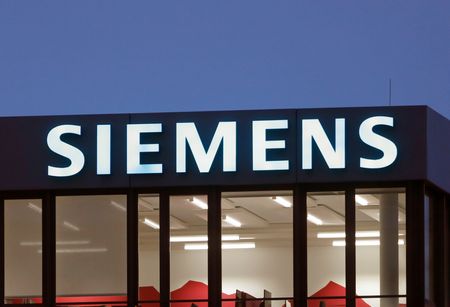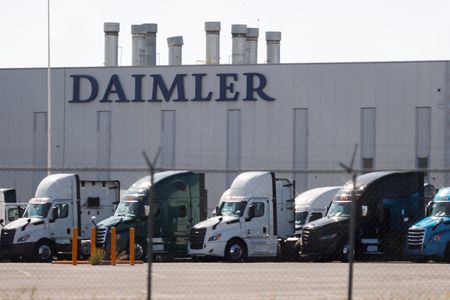ROME (Reuters) -The European Union needs to defend its car industry from Chinese competition, including a reassessment of its 2035 zero-emission target for new cars and vans, the bloc’s industry chief said in an interview published on Friday.
Stephane Sejourne said the EU should also look at diversifying its exports and set out new rules to safeguard production in Europe.
“We have to be less naive, and get ourselves back to the standards of all the world’s major economies. We’re the only continent that lacks strategic thinking on industrial policy,” the former French foreign minister told Italian daily La Stampa.
He warned that “if we do not intervene, in ten years the cars produced and sold in Europe will fall from 13 (million) to nine million”.
“We must show flexibility towards the goal of a full stop of internal combustion cars by 2035,” he said.
The EU is expected to review the target by the end of the year, in response to automakers’ appeals that a total shift to electric vehicles was no longer feasible.
Sejourne said European carmakers should turn to new markets for their sales, and companies should face less bureaucracy.
Earlier this week, he said the European Commission aimed to announce the creation of a new category of affordable small electric cars to counter Chinese competition and revive the internal market, as part of a broader strategy to be outlined on December 10.
The industry commissioner also hinted at measures against Chinese production sites in Europe.
“Today there are manufacturers that assemble Chinese cars in Europe with Chinese components and Chinese personnel: it’s happening in Spain and in Hungary. That’s not acceptable,” Sejourne said.
Asked whether Europe should adopt protectionist measures, Sejourne said “it is necessary to introduce conditions to foreign investment in Europe”, adding that tariffs, however, would create trade tensions and hurt production.
He also said that in order to reduce dependence on China for rare earth minerals, Europe should consider new suppliers – such as Brazil, Canada and countries in Africa – introduce restrictions on their use, recycle more and invest in potential local extraction sites.
(Reporting by Giulia Segreti; Editing by Alvise Armellini and Emelia Sithole-Matarise)









